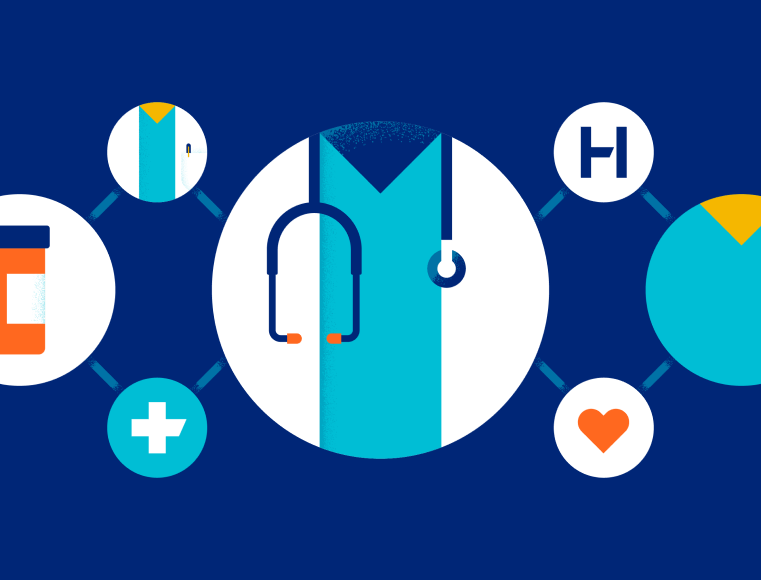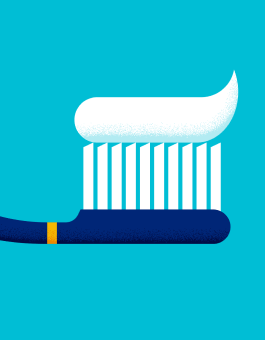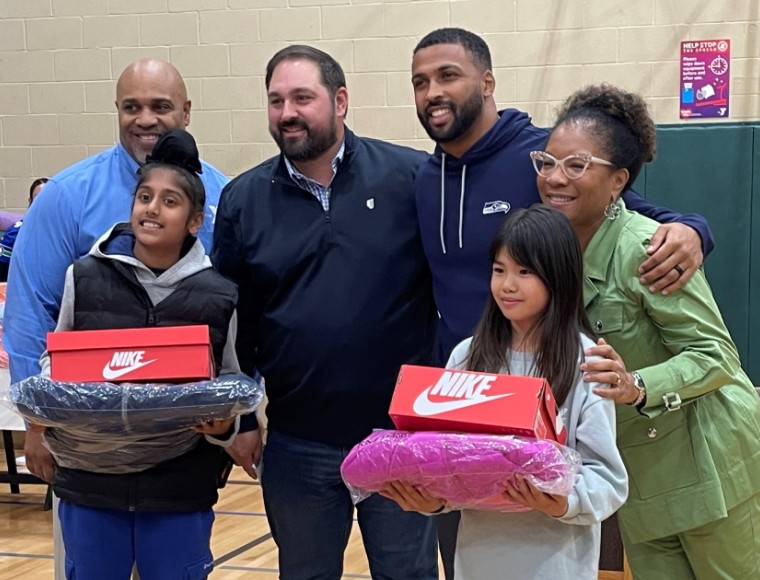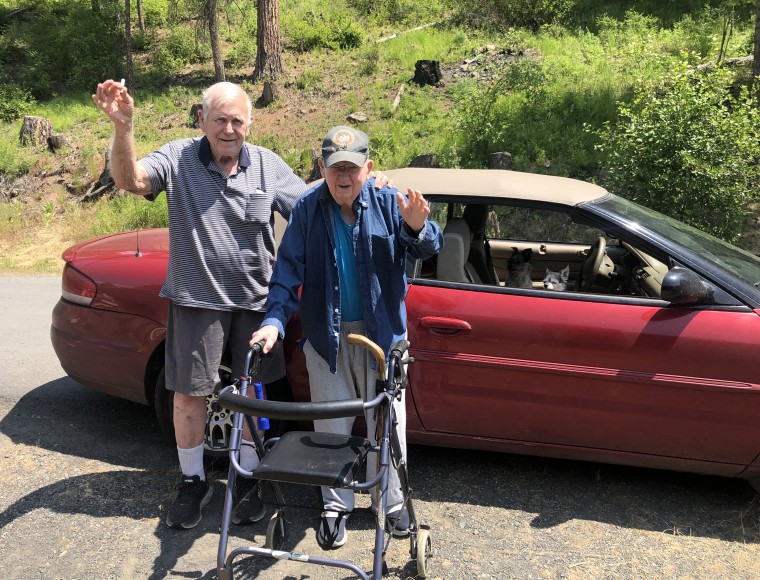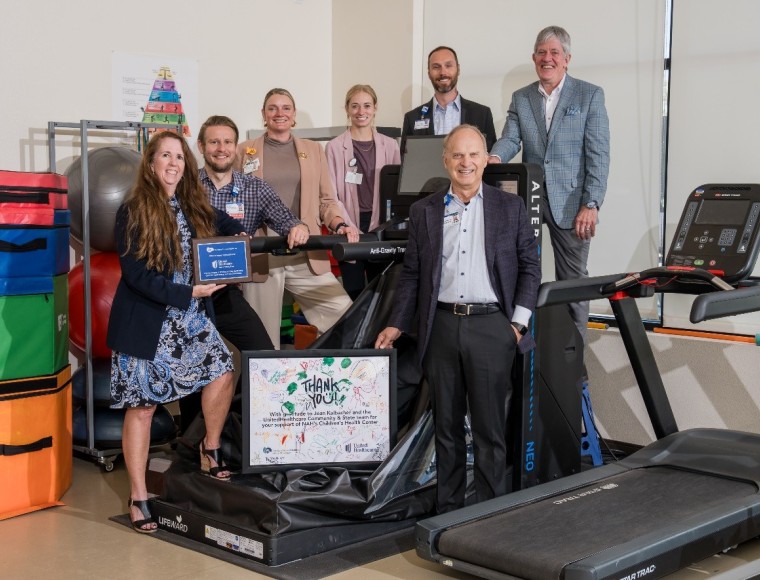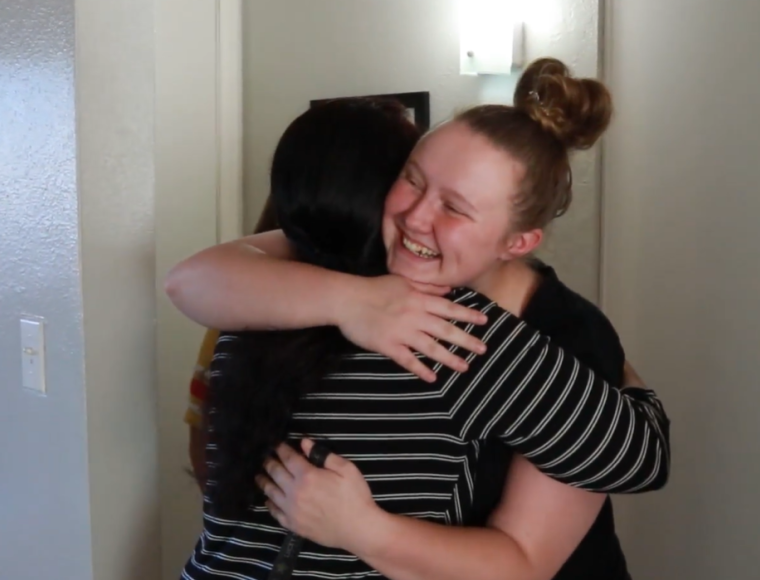Medicaid members with the most complex needs often face the greatest barriers to care. Only about half of adults with serious mental illness receive treatment each year, with challenges such as transportation, food insecurity and unstable housing making access even harder.1
To meet the needs of members who have complex health conditions or who are difficult to reach, UnitedHealthcare Community Plan of Arizona is working with Catalytic Health Partners (CHP) to deliver integrated services in members’ homes and community settings. Rooted in a value-based care arrangement that rewards quality of care over volume, the year-long program is designed for members at highest risk, combining physical, behavioral and social support into one coordinated model.
The goal is to improve health outcomes, reduce avoidable hospitalizations by addressing needs before they escalate into crises, and help members achieve stability and independence. Since 2021, the program has supported more than 1,000 UnitedHealthcare members and demonstrated a reduction in costs.
Bringing whole-person care to the home
The year-long program begins with face-to-face engagement, typically in the member’s home or a familiar community setting chosen by the member. Each member is supported by a dedicated five-person care team: a nurse practitioner, care coordinator, behavioral health therapist, community health worker and clinical liaison. This team collaborates with the member’s primary care provider to address the member’s full spectrum of needs and establish a plan for long-term stability.
CHP supports transitions of care for members recently discharged from hospitals or behavioral health facilities. Clinical liaisons meet members within 24 hours to ensure they have needed medications, durable medical equipment and a plan for ongoing care. This proactive approach helps prevent avoidable emergency room visits and hospital readmissions.
Addressing the root causes of health
The program goes beyond clinical care, starting with social needs that often stand in the way of recovery. CHP staff connect members to housing resources, healthy food, transportation and safety supports.
For Linda*, a member who was diagnosed with leukemia while managing diabetes and recovery from substance use disorder, that support was life-changing. Following a hospitalization, CHP learned that Linda and her husband were experiencing homelessness. Over the following year, CHP worked with Linda to stabilize her health and address her whole-person needs. The team reviewed Linda’s medications, coordinated with her doctors, and provided behavioral health support. CHP also helped Linda secure temporary shelter, apply for housing assistance, and ultimately locate affordable housing.
In Linda’s words, “Catalytic was really concerned for me and helped me out with the things I needed—housing, medication and my behavioral health needs. They helped keep me out of the hospital and helped me stay home. After CHP, I am in my own place now.”
*Linda’s name was changed to protect her privacy
The collaboration between UnitedHealthcare Community Plan of Arizona and CHP utilizes a value-based care model that rewards quality and outcomes. CHP is rewarded for meeting HEDIS quality measures such as follow-up after mental health hospitalization and ER visits. Additionally, the program earns a Net Promoter Score (NPS) of 86 from participants: a reflection of the trust and connection built through integrated, personalized care.
Transforming care through collaboration
This close payer-provider relationship is an example of how Medicaid managed care can deliver compassionate, cost-effective solutions for those with the highest needs. Supported by member data and analytics tools, UnitedHealthcare Community Plan of Arizona and CHP work together to coordinate services, adapt to emerging member needs and sustain the model’s success over time.
This collaboration is breaking down barriers, improving quality of life and empowering people to take meaningful steps toward health and independence. For Arizona’s most complex Medicaid members, it’s proof that care can be both personal and transformative.
Enjoy this article? Get future Community & State insights delivered right to your inbox.

